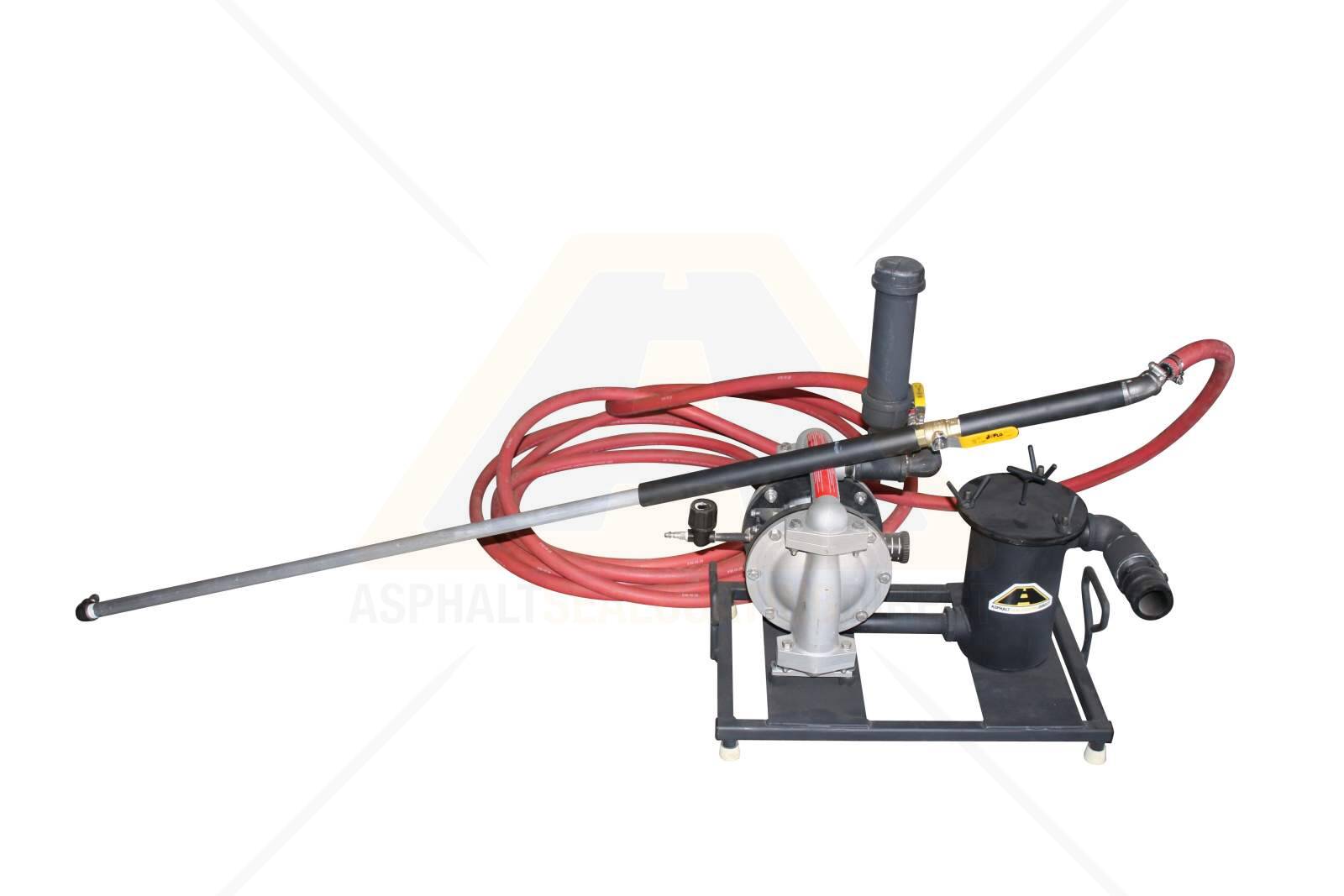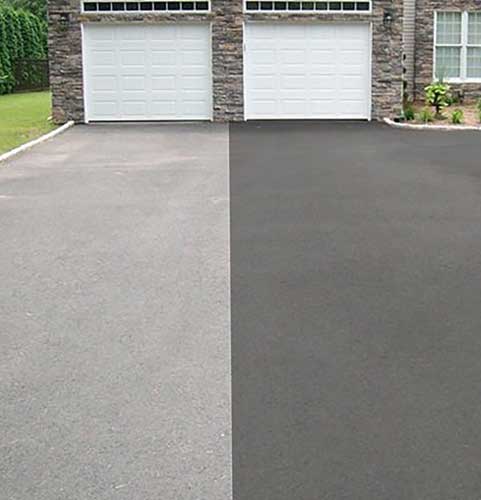Enhance Durability with Cold Mix Asphalt: Specialist Sealing Solutions
Enhance Durability with Cold Mix Asphalt: Specialist Sealing Solutions
Blog Article
Cold Mix Asphalt Vs. Hot Mix Asphalt: Which Is Right for You?

Composition Distinctions
Cold mix and hot mix asphalts differ dramatically in their structure, with distinctive attributes that impact their performance and applications. Cold mix asphalt is generated by emulsifying the asphalt binder with water and an emulsifying agent before blending it with accumulation. This method permits for the asphalt to be workable at lower temperature levels, making it ideal for momentary repair work and for usage in cooler weather conditions. Warm mix asphalt, on the other hand, is manufactured at high temperature levels, commonly between 300-350 ° F, which assists to attain far better compaction and a more sturdy end product. The hot mix asphalt production process involves warming the accumulation and asphalt binder separately before combining them at the asphalt plant.
Moreover, cool mix asphalt has a tendency to be much less thick and extra adaptable than hot mix asphalt. This flexibility makes it much better fit for locations with greater levels of movement, such as driveways or roadways with rush hour. On the other hand, hot mix asphalt is known for its high sturdiness and resistance to rutting and splitting, making it a recommended selection for freeways and high-traffic roads where longevity is essential.
Installment Refine Differences
The procedure of installing chilly mix and hot mix asphalt exhibits significant differences in their requirements and treatments. In contrast, hot mix asphalt requires an extra elaborate installment procedure. Due to the heating demands, hot mix asphalt installations are normally brought out by specialists with customized equipment, making sure an extra structurally audio and permanent result.
Longevity and Longevity Factors
When considering asphalt options, durability and long life are vital elements to review for long lasting pavement efficiency. Hot mix asphalt (HMA) is known for its extraordinary sturdiness and longevity.
In regards to durability, HMA normally exceeds CMA due to its premium stamina and resistance properties. HMA sidewalks have a longer service life, requiring much less frequent fixings and upkeep, which can convert to set you back financial savings in the lengthy run. Furthermore, HMA pavements are a lot more easily adjustable to meet details job needs, even more improving their sturdiness.
Cost Considerations
Thinking about the economic ramifications is a critical facet when reviewing the choice between hot mix asphalt (HMA) and cold mix asphalt (CMA) for pavement projects. While the preliminary expense of hot mix asphalt is usually greater than that of cool mix asphalt, HMA usually provides an extra cost-efficient remedy in the lengthy run due to its premium durability and long life.
In enhancement to material expenses, it's important to take into consideration the expenditures connected with installation and maintenance when contrasting HMA and CMA. Ultimately, the decision in between HMA and CMA ought to take right into account not just the preliminary expense yet likewise the lasting financial effects to establish the most affordable alternative for the specific pavement job.
Environmental Impact Comparison
Comparison of the environmental effects between warm over here mix asphalt (HMA) and chilly mix asphalt (CMA) exposes unique differences in sustainability techniques. HMA production calls for high temperature levels, leading to raised energy intake and greenhouse gas exhausts.
In addition, using CMA often involves reusing existing asphalt sidewalk, advertising source preservation and lowering the quantity of waste sent to landfills. This reusing element additionally improves the sustainability of CMA compared to HMA. In general, when considering the ecological influence, CMA arises as a much more ecologically sustainable choice because of its reduced energy requirements, lowered emissions, and the possibility for reusing existing products. By selecting CMA over HMA, road construction projects can add positively to environmental preservation efforts.
Verdict
In verdict, the choice in between cool mix asphalt (CMA) and warm mix asphalt (HMA) depends on numerous factors such as structure, installation process, longevity, durability, expense, and ecological impact. asphalt repair. While CMA offers a cost-effective and quick remedy for minor repair work, HMA makes sure superior sturdiness and durability for heavy website traffic locations. Take this page into consideration these elements carefully to figure out which kind of asphalt is the he said right choice for your paving requires

Taking into consideration the financial ramifications is an essential aspect when examining the selection between hot mix asphalt (HMA) and cool mix asphalt (CMA) for sidewalk projects. While the preliminary price of hot mix asphalt is normally higher than that of chilly mix asphalt, HMA usually gives a more economical remedy in the lengthy run due to its exceptional toughness and longevity. angle parking.Contrast of the ecological effects in between warm mix asphalt (HMA) and cool mix asphalt (CMA) reveals distinct differences in sustainability techniques.In conclusion, the choice between cold mix asphalt (CMA) and hot mix asphalt (HMA) depends on numerous factors such as composition, installation process, sturdiness, durability, price, and ecological influence
Report this page